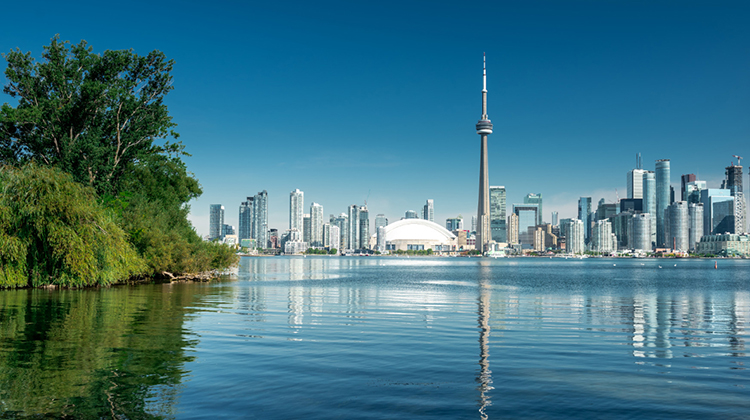Canada is the second largest country in the world by land area. It's framed by the United States to the south, the Pacific Ocean to the west, the Atlantic Ocean to the east, and the Arctic Ocean to the north. Canada has unique locales that offer some stunning views, extreme rainfall, and unlimited effects to discover.
Canada has a nicely tolerant and accepting society, which means that transnational scholars will feel in any way of their social background.
The Canadian education system prides itself on being a world- leader in exploration while still remaining accessible and different. Compared to other advanced education systems, scholars can choose from over 200 institutions of advanced education to pursue a bachelor’s, master’s, or doctorate degree. On average, a bachelor’s degree will take four years, while a master’s can be completed in one to two years. The length it takes to complete a doctorate degree varies extensively, but on average, it can take anywhere from four to six years.
A vast majority of degree programs in Canada are tutored in English. Thus, students coming from other countries where English isn't their native language will have to prove their English proficiency through either the TOEFL or IELTS.


